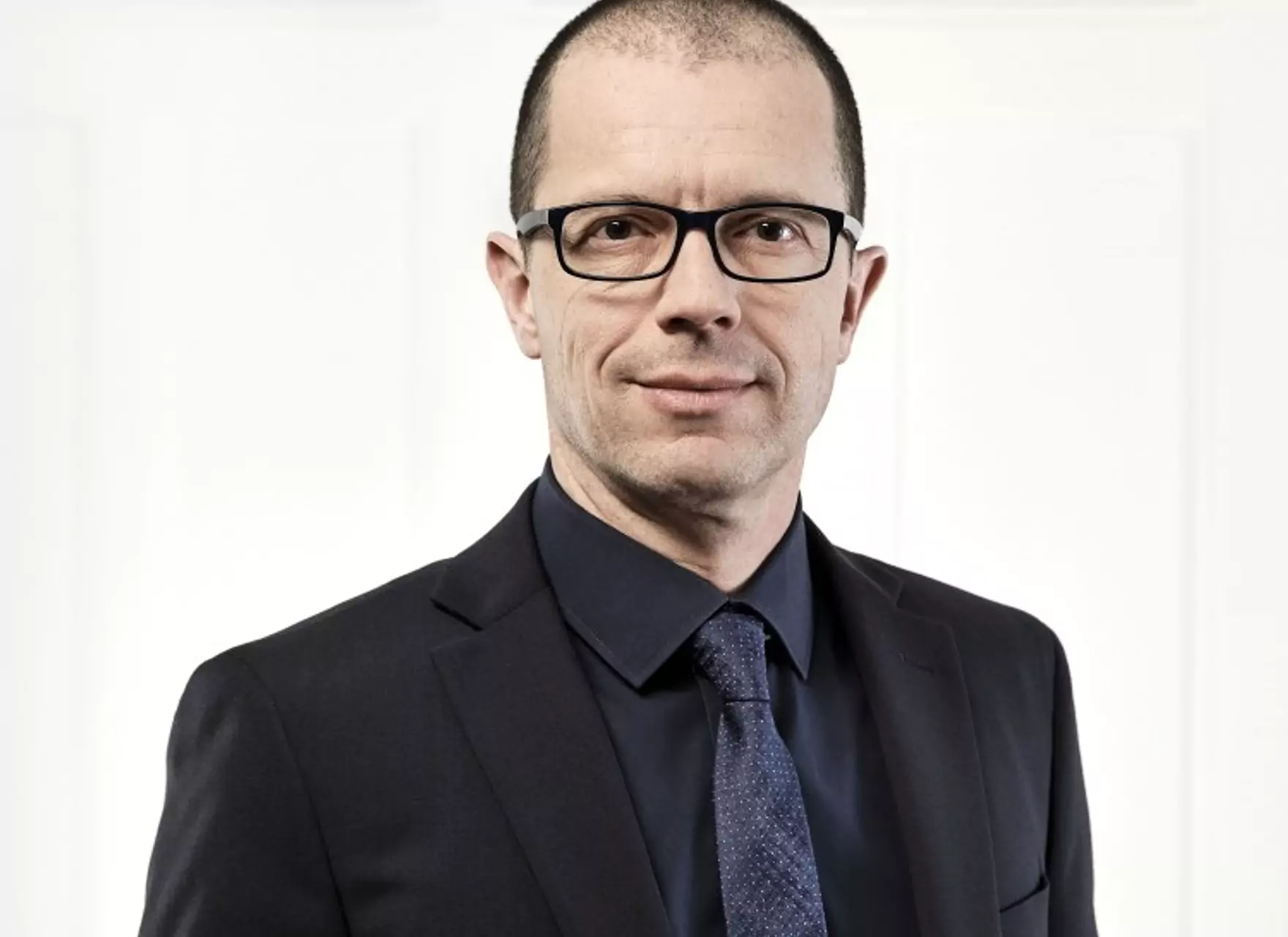Interview with Martin Flügel
Around two-thirds of people in Switzerland live in densely populated urban areas. In the context of the “smart cities” concept, these environments are changing greatly and are disproportionately affected by digitalisation.
What is your view of this development? How is Switzerland faring in this regard, including on the international stage?
Smart-city activities are constantly increasing. The majority of towns and cities have initiated projects, are developing a smart-city strategy or are creating smart-city jobs in their administrations. The sub-categories of “smart environment”, “smart people” and “smart living” are particularly popular. In summary, these focus on the ecologically sustainable development of the urban environment, the use and promotion of residents’ resources and the facilitation of safe and healthy living.
Technical innovations and data-driven decision-making allow for the creation of safer and more efficient and resilient municipalities. However, the dependence on computer-controlled systems also has its drawbacks: in particular, the networking of OT systems (control and monitoring systems) with smart-city infrastructure and IoT devices increases the scope for cyberattacks. Criminals and state-sponsored agents could therefore exploit vulnerable systems and direct targeted attacks against these.
How are Swiss cities dealing with this risk?
Cities are a popular target for cyber-criminals, which is why security plays such a crucial role. Those in charge are constantly raising awareness among employees, creating crisis management concepts and, in the event of an attack, they must act decisively.
In our hyper-networked cities, there is a permanent interaction between urban infrastructure, people, processes and devices.
To what extent do you think that Switzerland’s cities bear responsibility for ensuring that faith in the public infrastructure remains high among people and businesses in future?
On the one hand, cities must ensure that their smart offerings create added value for the populace, are of good quality and are secure. On the other hand, they must be transparent in the way that they communicate and inform people about the risks.
Martin Flügel
Director of the Swiss Association of Cities SSV

